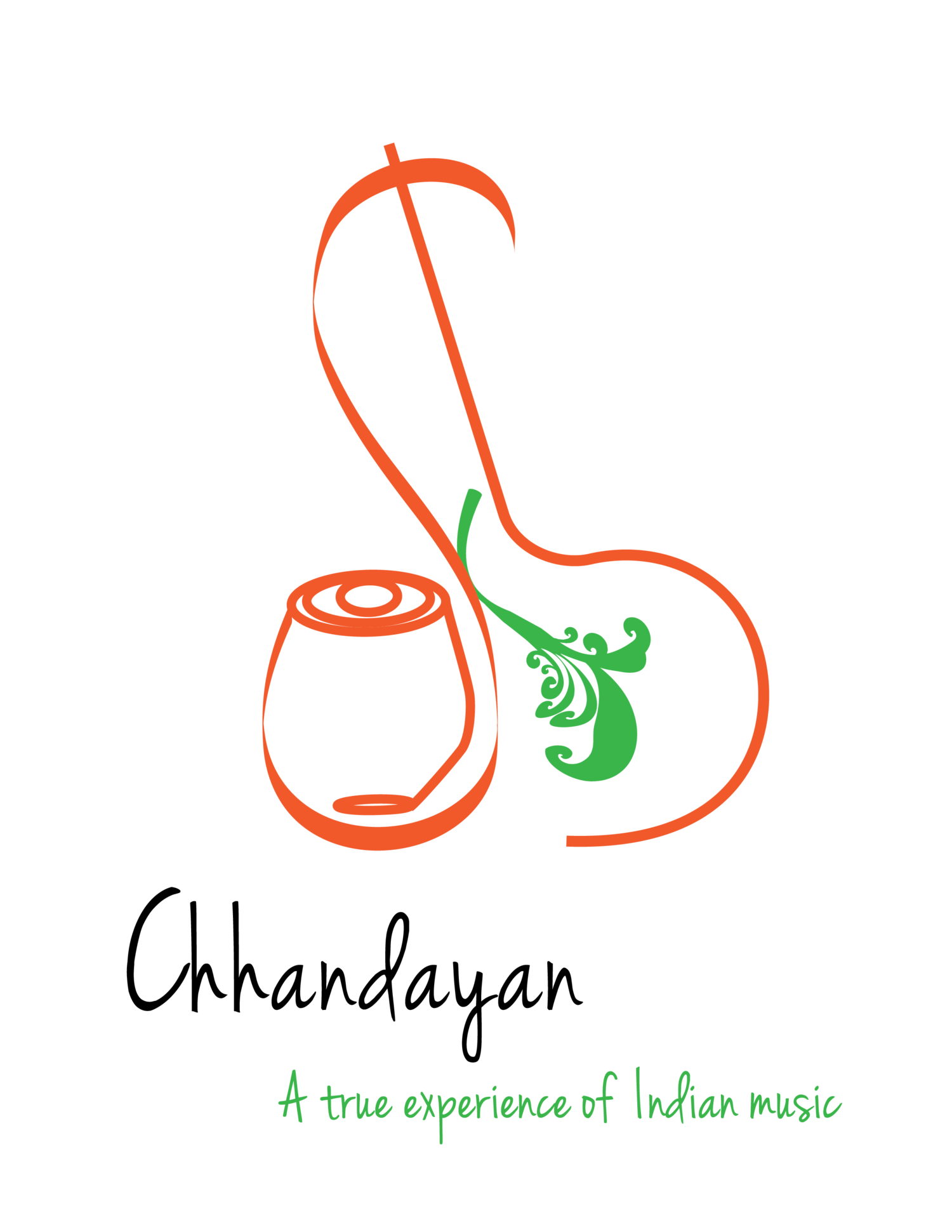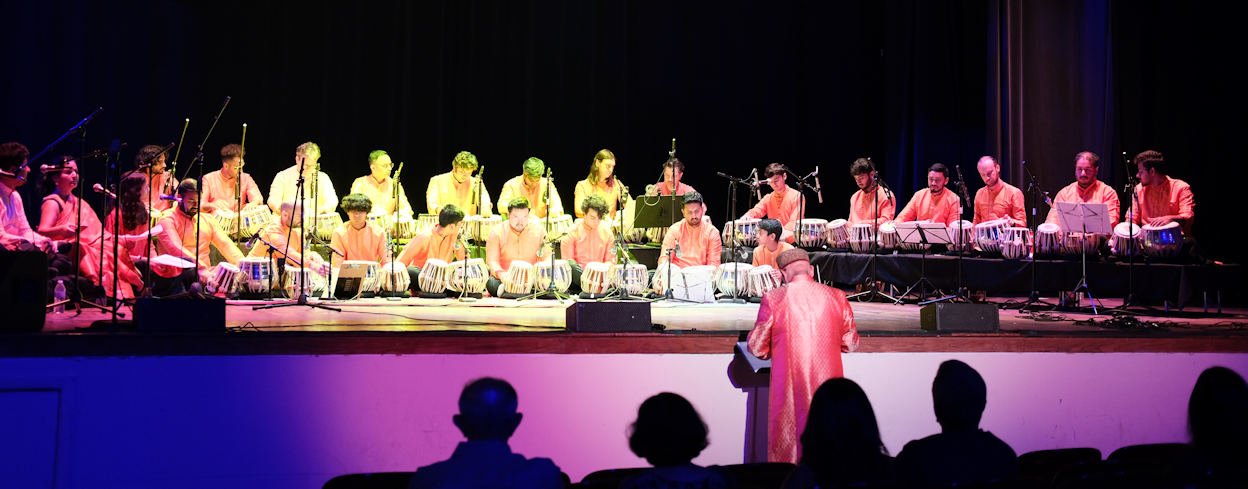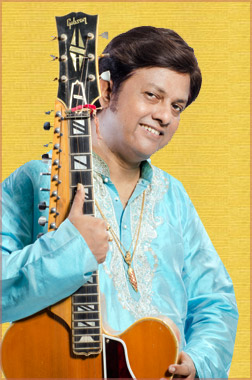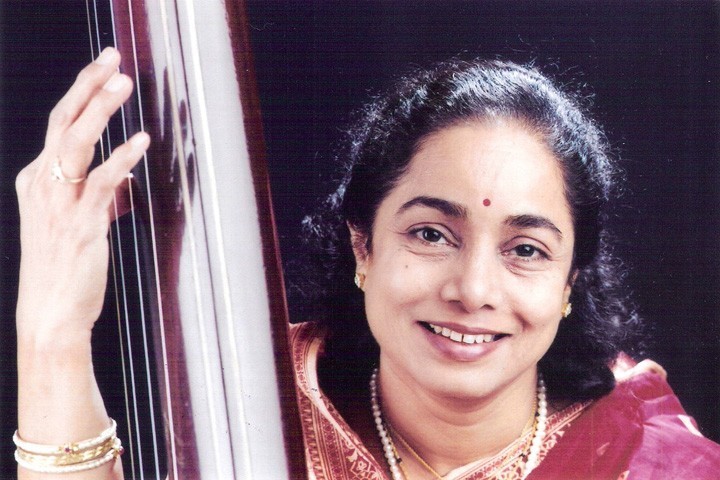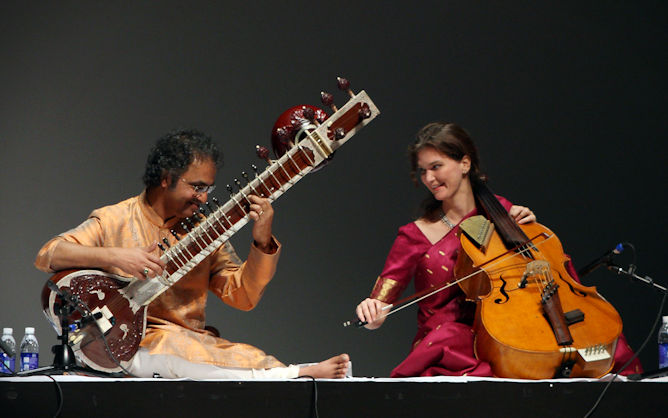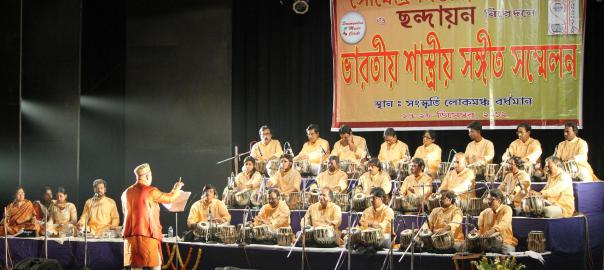Tablaphilia at Carnegie Hall
Tablaphilia will be performed at New York City;’s famous Carnegie Hall (Zankel Hall).
Chhandayan Presents TABLAPHILIA
Opening act: Vocal recital by Sanghamitra Chatterjee
Co-produced by FABA
Tickets start at $30 and can be obtained at the Carnegie Hall Website, by phone at 212-247-7800, or in person at the Carnegie Hall box office at 57th Street and 7th Avenue in New York City.
Tablaphilia
Tablaphilia is a Tabla Symphony on the four stages of human life,
Composed and conducted by Samir Chatterjee,
It is performed by the Chhandayan Tabla Orchestra,
Tablaphilia has been performed and refined for over 15 years. For a detailed description, click here.
Sanghamitra Chatterjee
Sanghamitra Chatterjee is a versatile singer of a wide variety of Indian songs from different genres. Her array of repertoire includes Bhajan, Ghazal, Dadra, film songs, Rabindra Sangeet (songs of Tagore), Adhunik (modern) Bengali songs, Nazrulgeeti and different types of folk and regional songs in different languages.
She had her lessons in classical singing from Pdt. Usharanjan Mukherjee and Sri Dashu Mukherjee. In non-classical music her training has been under Jatileshwar Mukherjee, Ajoy Das, Prasanta Chowdhury, Nikhil Chatterjee and others. She is an upgraded artist of the national radio and television of India. Her proficiency in Tagore songs has earned her the Sangeet Sudhakar diploma.
Sanghamitra's singing is characterized by high aesthetic quality and technical brilliance. Her sensible scanning of lyric with rendered with her original touches of embellishments, her highly sensitive and involved presentation not only brings out the inner essence of the songs she presents, but also adds a new dimension to their emotional contents. Her voice is gifted with a natural mellifluous quality which inevitably touches her audience. Much of her musical sensibilities have developed under the guidance and influence of her illustrious husband Samir Chatterjee, a musician of outstanding caliber and repute.
Sanghamitra Chatterjee is not only known for her excellence as a solo performer, she has also contributed to several groups such as the Chhandayan ensemble in their productions of Indo-Flame and Nacho-Nacho (blend of Indian and Flamenco dance and music), Dawn to Dusk and Beyond and World Percussion Ensemble; with the Battery Dance Co. of NY in production of Songs of Tagore; with the Kathak Ensemble of NY in Ka-Tap (Kathak and Tap dancing), with Ethos Percussions in Masters of Indian Music series. She has performed in many important places and festivals in the United States such as the Smithsonian Institute, Columbia University, American Museum of Natural History in New York and Washington, DC, Symphony Space in NYC, Wortham Center in Houston, Lotus Music and Dance, Kansas University, Monadnock Festival in Peterborough, New Hampshire, Sun Valley in Idaho, University of South Florida in Tampa etc. Apart from her homeland India and the United States she has also performed in Sri Lanka, Poland, The Bahamas and Kazakhstan.
She has presented master classes at Manhattan School of Music, Raritan Community College and also done several school performances in New York City. Her published recordings in CDs and cassettes are treasured by her audience. Her scholarly contribution includes music reviews to Indian news papers.
